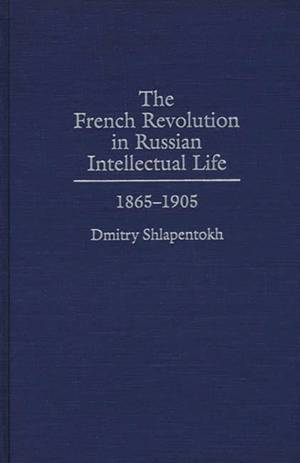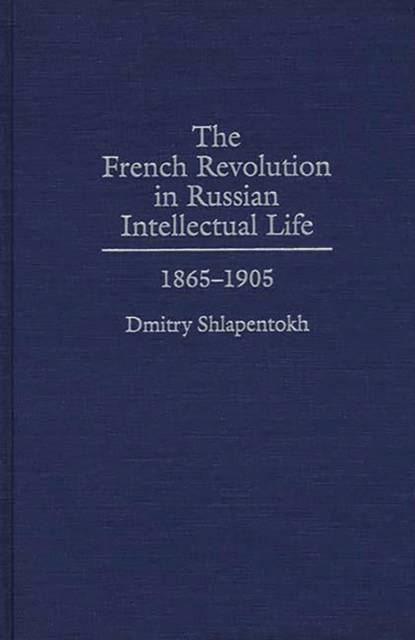
- Afhalen na 1 uur in een winkel met voorraad
- Gratis thuislevering in België vanaf € 30
- Ruim aanbod met 7 miljoen producten
- Afhalen na 1 uur in een winkel met voorraad
- Gratis thuislevering in België vanaf € 30
- Ruim aanbod met 7 miljoen producten
Zoeken
€ 169,95
+ 339 punten
Omschrijving
The interest of Russian intellectuals in the French Revolution demonstrates that some Russian thinkers of the 19th century had begun to question the concept of Russia's uniqueness. Yet most of them came to believe that the French Revolution (which they tended to equate with the Western experience) was irrelevant not only to Russia but to the rest of the world as well. They saw, perhaps correctly, that the Western experience, with the French Revolution as its symbol, was foreign to Russian destiny. Most of the Russian intellectuals of that time had rightly foreseen Russia, and to some degree the rest of the world's future, as following an authoritarian/totalitarian model of development.
Specificaties
Betrokkenen
- Auteur(s):
- Uitgeverij:
Inhoud
- Aantal bladzijden:
- 216
- Taal:
- Engels
Eigenschappen
- Productcode (EAN):
- 9780275955731
- Verschijningsdatum:
- 21/10/1996
- Uitvoering:
- Hardcover
- Formaat:
- Genaaid
- Afmetingen:
- 152 mm x 229 mm
- Gewicht:
- 485 g

Alleen bij Standaard Boekhandel
+ 339 punten op je klantenkaart van Standaard Boekhandel
Beoordelingen
We publiceren alleen reviews die voldoen aan de voorwaarden voor reviews. Bekijk onze voorwaarden voor reviews.







